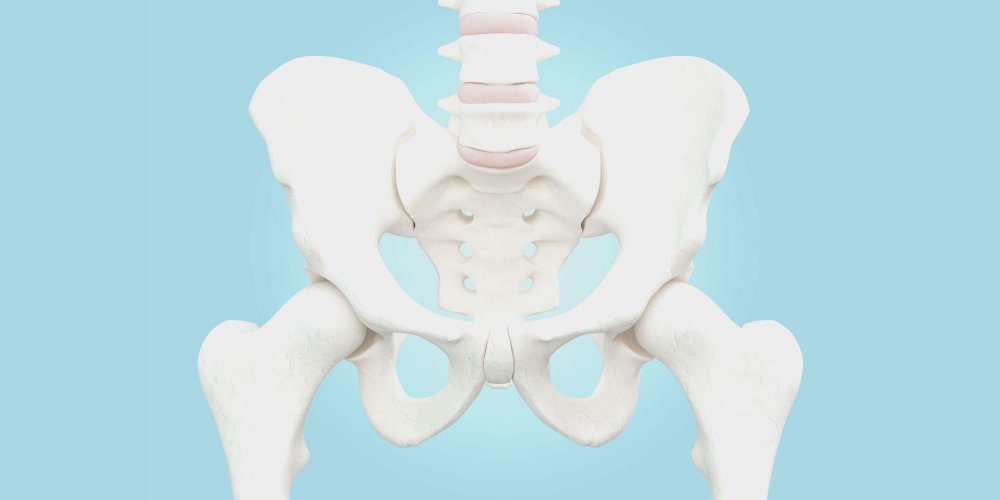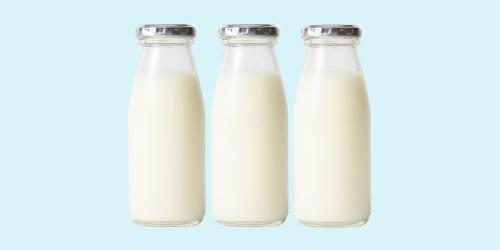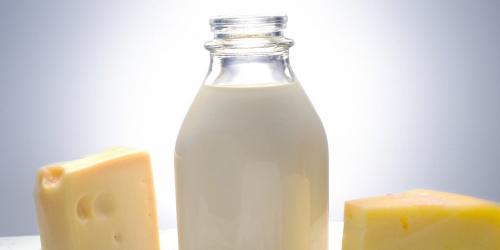The bone is a living tissue that is constantly renewed.
Each year, nearly 10% of our bone stock is completely overhauled . Destructive cells (osteoclasts) resorb bone fragments, aged or damaged, while other cells (osteoblasts) make new bone to seal the gaps.
As long as these two categories of cells work in good intelligence, the bone mass is maintained. And with a healthy lifestyle, she can remain valiant for decades, delaying the onset of osteoporosis.
Calcium to prevent bone fragility
"To prevent the bone density from getting worse, you need a lot of calcium : 900 mg per day for a premenopausal adult woman and 1200 mg as soon as the menopause is set in. Otherwise, the calcium losses through the urine are not not compensated and bone fragility appears, "says Prof. Bernard Cortet, rheumatologist at the University Hospital of Lille and chairman of the Research and Information Group on Osteoporosis (Grio).
Cooked cheeses are well supplied: 356 mg per portion of emmental (30 g) for example. But other foods also contain it, such as spinach (168 mg per 150 g serving), broccoli (114 mg per 150 g), oil sardines (400 mg per 100 g), anchovies ( 200 mg per 100 g) and highly mineralized waters such as Hepar (555 mg / l) or Courmayeur (533 mg / l).
Vitamin D, essential for strong bones
Ingesting high-dose calcium is useless if it is not assimilated or fixed.
For this, our body needs vitamin D. But many of us have an insufficient rate (less than 30ng / ml in the blood), in particular the inhabitants of the regions located to the North of the Loire.
It is therefore essential to expose oneself to the sun at least 10 min / day - avoiding the hottest hours - because 50 to 70% of our needs are covered by our own vitamin D production, which takes place at the level of the skin under the action of UV.
Regularly eating egg yolks and oily fish ensures the supplement.
Beware of acid-base imbalance
"A lot of women drink calcium but do not store it, they act like baskets pierced: they lose as much calcium as they absorb, sometimes even more," observes nutritionist Florence Piquet, author of " The anti-osteoporosis dietetics "(Thierry Souccar).
Excessive consumption of salt, red meat and refined cereals is involved. "These foods acidify the body, which leads to leakage of minerals," says our expert.
To neutralize the acidity, the body will indeed draw on the bones of bicarbonate and calcium citrate, resulting in a galloping demineralization. To avoid it, you have to put more fruits and vegetables on your plate, especially the most alkalizing of them: apricot, dried fig, dates, citrus, squash, fennel, watercress, carrots ...
Focus on impact sports to prevent osteoporosis
"Regular physical activity also helps to prevent the loss of bone strength, but not all sports are equal," says Cortet, "Only those who put bones under mechanical stress are really protective."
Running, walking and bodybuilding strengthen the bones of the arms, legs and spine. Aerobics, dance and volleyball also strengthen the skeleton. On the other hand, swimming and cycling do not protect against osteoporosis.




